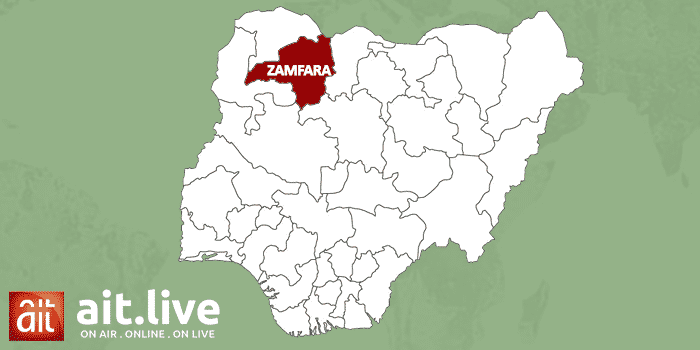Zamfara State Government has arraigned first and second class monarchs on a five-count charge at a Chief Magistrates Court in the state.
Their charges border on criminal conspiracy, withholding of evidence, illegal possession of the property, and alliance with bandits.
They were arraigned at the Zamfara State Chief Magistrates Court 1, where the presiding judge, Saadu Garba heard the charges.
Counsels to the two emirs objected to the jurisdiction of the Chief Magistrate Court to entertain the cases, citing law number 7 of Zamfara State 2019, that all persons who proclaim Islamic faith, can not be tried at the Magistrates Court, except Sharia, hence the transfer of the matter to the Upper Sharia Court 1.
The presiding judge of the Upper Sharia Court 1, Samaru, Gusau, Justice Hadi Sani, after listening to the application for bail by the defence counsels, granted the two monarchs bail on health grounds, age, and because they had been in detention, for between 10 and 11 months.
The bail conditions are, that the two monarchs must produce three sureties, which must include a prominent businessman, a renowned Islamic scholar and a senior civil servant, who must have 100 million Naira, would remain in the state and must seek permission from the court, whenever they need to visit the hospital for medical attention.
The state’s prosecutor, Aliyu Alkali, had objected to the bail application, on the ground that, the two deposed traditional rulers have been arraigned in court over allegations of involvement in banditry activities.
He said the law gave the court the jurisdiction to grant or decline bail, therefore, they have no problem with the bail granted to the two Zamfara State monarchs.
The lead counsel to the deposed emirs, Bello Usman, expressed satisfaction with the decision of the court, to give the dethroned monarchs bail, given the fact that they have been in detention for about eleven months, despite their health and age.
The case has been adjourned to the 26th of May, subject to the convenience of the court, and all the counsels.
(Editor: Ifeanyi Mark)








